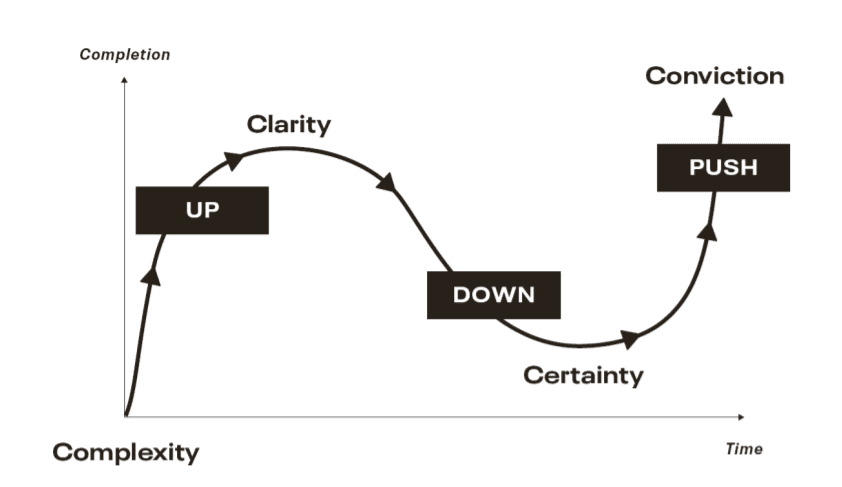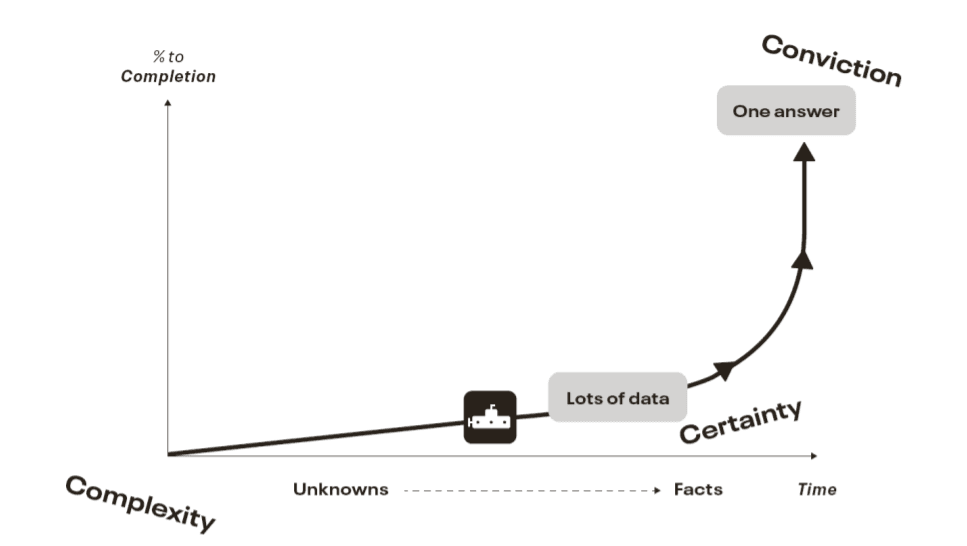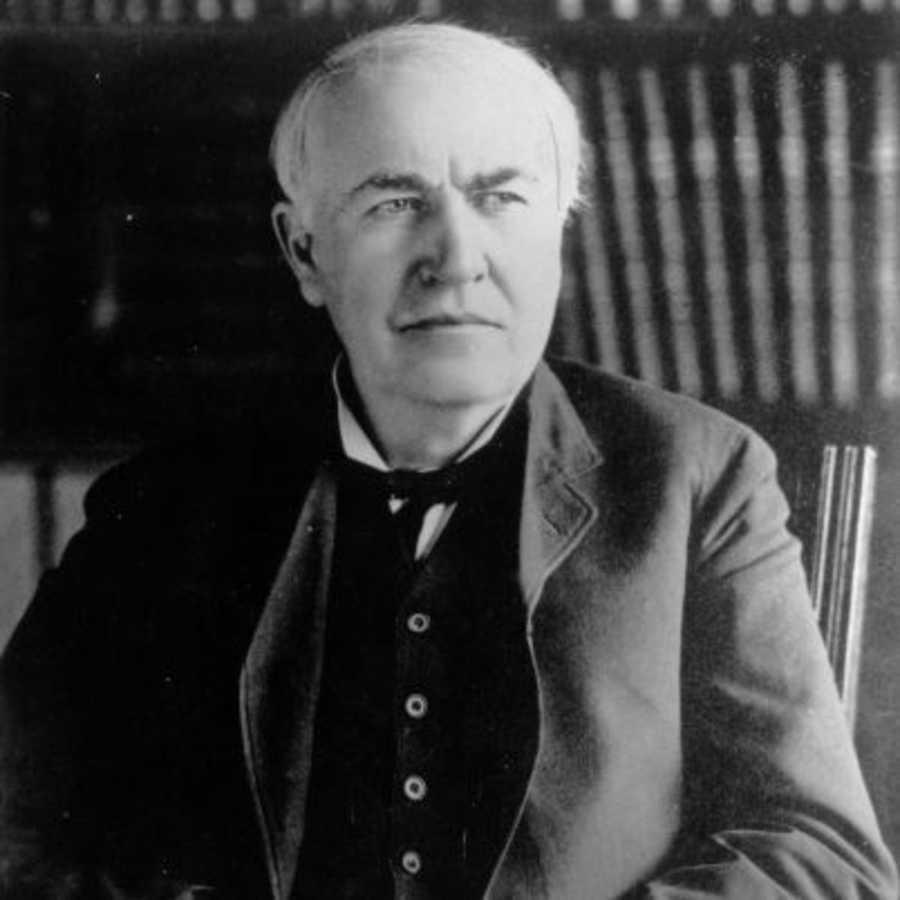Learn more about strategy with this collection
How to build trust and respect with team members
How to communicate effectively
How to motivate and inspire others
The Rollercoaster of Strategic Thinking
It is the ultimate mental model for working smarter, not harder. It contains three distinct sections:
- ‘Up’ – How to generate great ideas quickly.
- ‘Down’ – How to eliminate options in no time.
- ‘Push’ – How to best get the best solution approved.
The Rollercoaster of Strategic Thinking is the best approach to take when you’re faced with: no clear answer at the beginning, very little data available throughout, and stakeholders insist on data(proof) at the end.
2.28K
16.5K reads
Being Strategic Is A Mindset
It’s a way to solve problems. It’s not about how high your IQ is, or how many business theories you know. It’s just about the way you think about problems.
The hallmark of a successful executive, entrepreneur or freelancer is the ability to be more strategic than one’s peers or competitors.
1.96K
13.4K reads
The Staircase of Expert Execution
It's the approach most of us use when we don’t actually realize that we are solving a problem.
We just execute a solution we already know – or we ask another expert to do so for us.
This is the methodical execution of already known tasks, towards completion of an already identified outcome.
1.86K
10.7K reads
The Submarine of Analytical Research
This is the path that problem-solving activities follow when undertaken by people who believe that you need the facts first before you can envisage any answer. No data, no solution.
The big benefit of the Submarine route as a problem-solving approach is that you turn lots of unknowns into data, which gives you certainty regarding your eventual answer
1.92K
9.27K reads
The Helicopter of Creative Discovery
It is the approach you take when you can’t really work out the answer right from the beginning and you’re clear that data is going to be sparse and unreliable.
You accept that you’re faced with a bunch of unknowns and that it’s all very chaotic. So you don’t waste time trying to turn these unknowns into facts. Instead, you quickly impose some structure on the chaos that surrounds your problem, and you shoot for three or four creative options.
1.9K
7.16K reads
Problems That Need Strategic Thinking
You and your team will typically need to think strategically about a particular issue you face if:
- the problem is big
- it lies in the future
- it’s never been done before
- there will likely be very little data
- the best answer is not just a matter of taste
- it will require proof to convince many stakeholders.
1.93K
7.09K reads
The Future Can’t Be Analyzed; It Can Only Be Created
There is simply too much unstructured and unreliable data in the future.
Demographic evolution, societal changes, AI, robots, new specialist legislation, etc. Too many changes on the horizon. There is always a new trend around the corner that you won’t have thought of.
Everything around you changes. You can’t know the future, but you can structure your response to it, by first imagining a number of possible futures.
1.94K
6K reads
Strategic = Creative + Analytical
- People with strong analytical skills need more creativity to become truly strategic. Conversely, people of a more creative disposition need to graft some analytical engine to their unbridled creativity to become more strategic.
- To be strategic, first, be creative, then be analytical. First, create a range of possible futures, then analyze these various possible futures, to discover the best possible outcome.
- Getting organizations to become more strategic usually means finding a way for the ‘creative’ types to work well with the ‘analytical’ types. Giving them a common vocabulary, mutually appreciating the key role played by the other, embracing the superior results that joint work delivers. And also emphasizing that different people should be steering things at different times.
1.98K
5.02K reads
You Don't Need Real Data To Have Real Ideas
Analyzing data is really good at making sense of the past, and not so great at making sense of the future.
Because most forecasts will prove to be false. The majority of future data is as unreliable as your average long-range weather forecast.
1.87K
5.53K reads
You Need Real Data to Have Real Solutions
You may not need real data to have real ideas, but you do need real data to have real solutions. Because until it has been tested against the harsh light of reality, your idea is not yet a solution.
1.88K
6.1K reads
CURATED BY
Life is not about waiting for the storms to pass. It`s about learning how to dance in the rain.
More like this
4 ideas
2 ideas
How to be Strategic
medium.com
Read & Learn
20x Faster
without
deepstash
with
deepstash
with
deepstash
Access to 200,000+ ideas
—
Access to the mobile app
—
Unlimited idea saving & library
—
—
Unlimited history
—
—
Unlimited listening to ideas
—
—
Downloading & offline access
—
—
Personalized recommendations
—
—
Supercharge your mind with one idea per day
Enter your email and spend 1 minute every day to learn something new.
I agree to receive email updates


